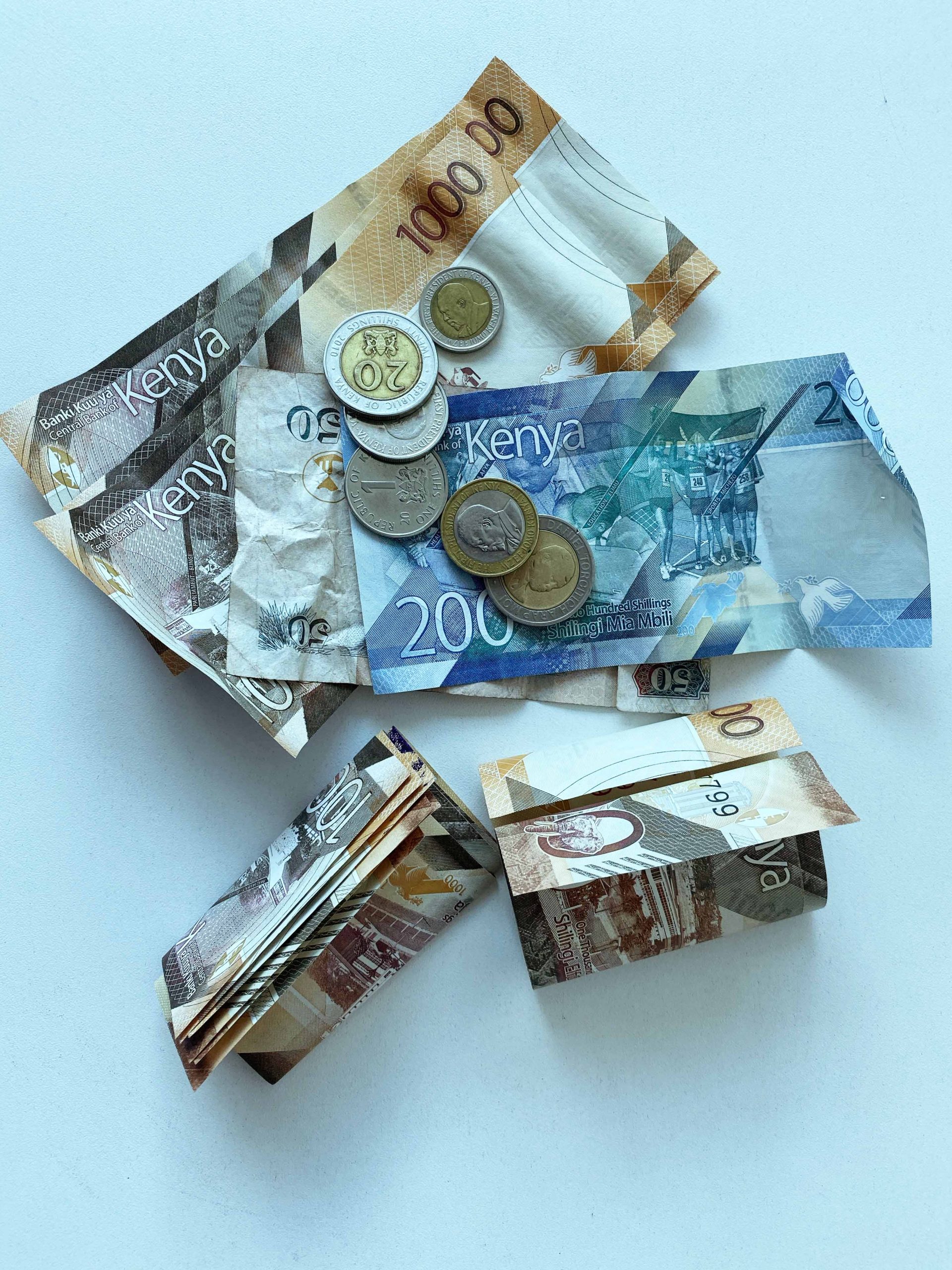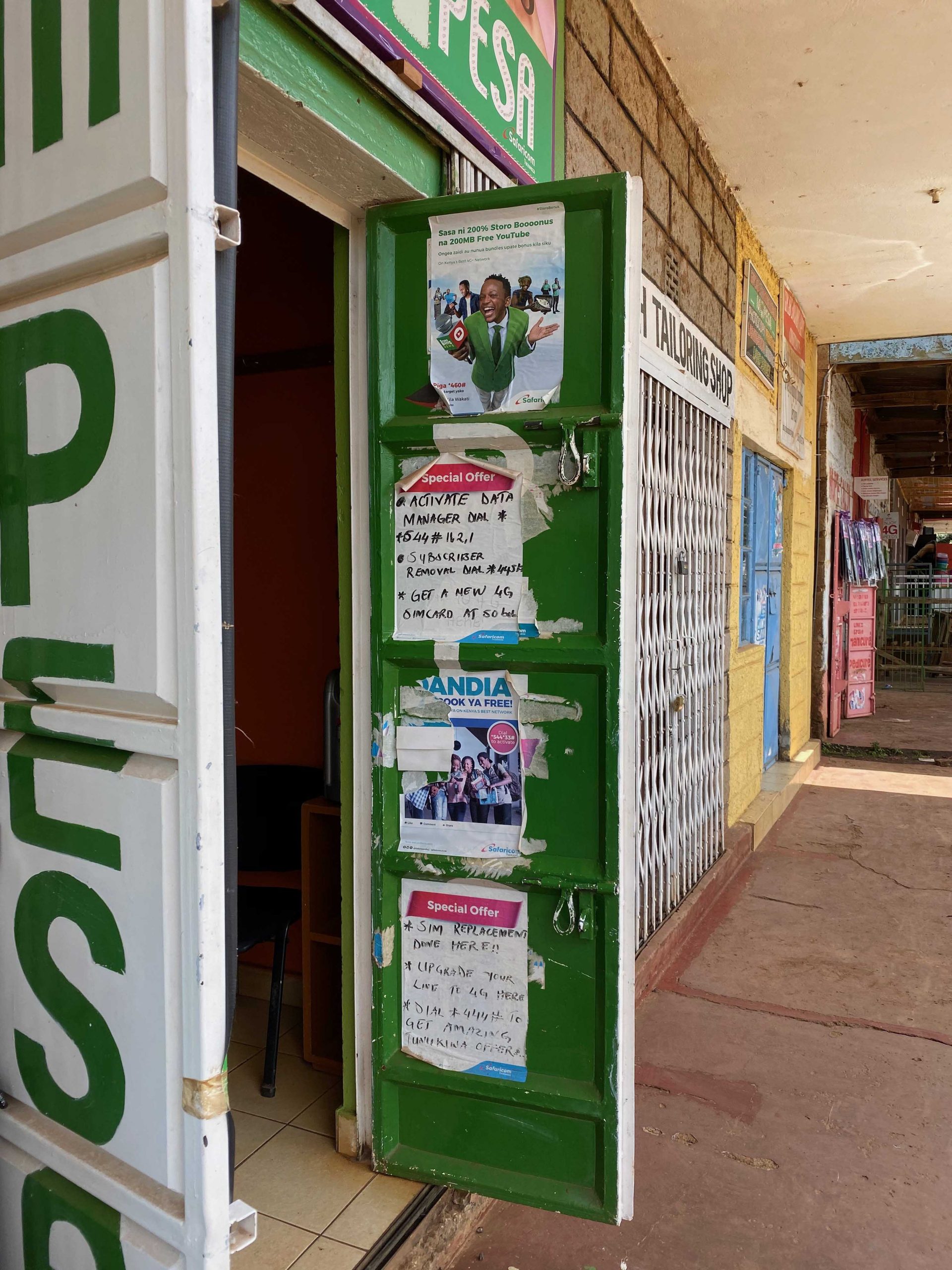Lack of access to financial tools—like credit and savings accounts—inhibit socio-economic mobility for individuals living in poverty across the globe. For approximately the past 40 years, there has been a movement toward financial inclusion for emerging markets such as those found in sub-Saharan Africa, but the progress made thus far is now facing a grim outlook due to the global coronavirus pandemic. In this post, we will explore imminent threats posed to financial inclusion that are anticipated to trickle down as the effects of COVID-19 continue to be felt around the globe.

Economic impacts of COVID-19
The economic shocks following the coronavirus pandemic are predicted to disproportionately impact countries with the least robust financial safety nets, which includes the emerging markets found in sub-Saharan Africa, Asia, and Latin America that rely on global trade as a source of income. These same countries often rely on outside funds to grow, yet risk-averse investors are more likely to assist economies that show stronger potential for a quick return on investment—such as those in established nations. For less-established economies, COVID-19 is likely to bring struggle due to decreased demand for exports and decreasing options for external assistance as all countries around the globe begin to feel the economic impacts of the pandemic.
Microfinance and financial inclusion
In addition to the struggle for many countries to secure loans in the wake of coronavirus, millions of the most vulnerable people in the world struggled to secure loans or other forms of credit before coronavirus for the same reason; banking institutions tend to avoid high-risk, low-reward models which may not pay off in the short term. As such, small loans with high interest rates provided by microfinance institutions, or MFIs, are one of the few options for these vulnerable individuals to obtain credit or access to savings.
MFIs play an integral role in the financial inclusion movement. The money MFIs lend is often used by the otherwise financially excluded to pay for personal expenses or to start a business. Without MFIs there would be even fewer resources for the financially excluded to invest in a small business for long-term income generation, and in turn, social mobility would be even further from accessible.
Financial Inclusion and Coronavirus
The economic impacts of the coronavirus pandemic that are anticipated by economists will likely negatively impact the financial situation of people reliant on micro-lending. COVID-19 related restrictions are preventing the most vulnerable populations around the world from earning money and the global economic recession is anticipated to tighten wallets around the world. These impacts of coronavirus will mean more people than ever will need financial assistance, while at the same time those with outstanding micro-loans will find it difficult to repay their debts.
For the MFIs funding small loans, a dip in repayment rates can easily result in their demise. Due to the high-risk and low-reward of microlending to people who cannot always repay debt, MFIs are in a fragile financial state in which they need a steady income from debt holders to stay afloat. According to CGAP, “A slip in repayment rates from 95 to just 85 percent would render many MFIs insolvent in less than a year.”
 A steady decrease in MFIs would slow down the financial inclusion movement and re-erect barriers for the most vulnerable people to overcome during the global financial and public health crises. Due to the imminent threat to MFIs, other methods for progressing financial inclusion, like accessibility and widespread use of mobile money, are more important now than ever before.
A steady decrease in MFIs would slow down the financial inclusion movement and re-erect barriers for the most vulnerable people to overcome during the global financial and public health crises. Due to the imminent threat to MFIs, other methods for progressing financial inclusion, like accessibility and widespread use of mobile money, are more important now than ever before.
Conducting research on the use of mobile money and other financial services is one of the things GeoPoll’s data collection platform is extremely useful for. GeoPoll’s reach and targeting options allow for comprehensive research studies across socio-economic classes. One example of a study we conducted on the use of financial services is available for free download and can be found here. For more information on our capabilities, experience, and more, contact us today.



